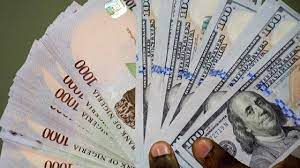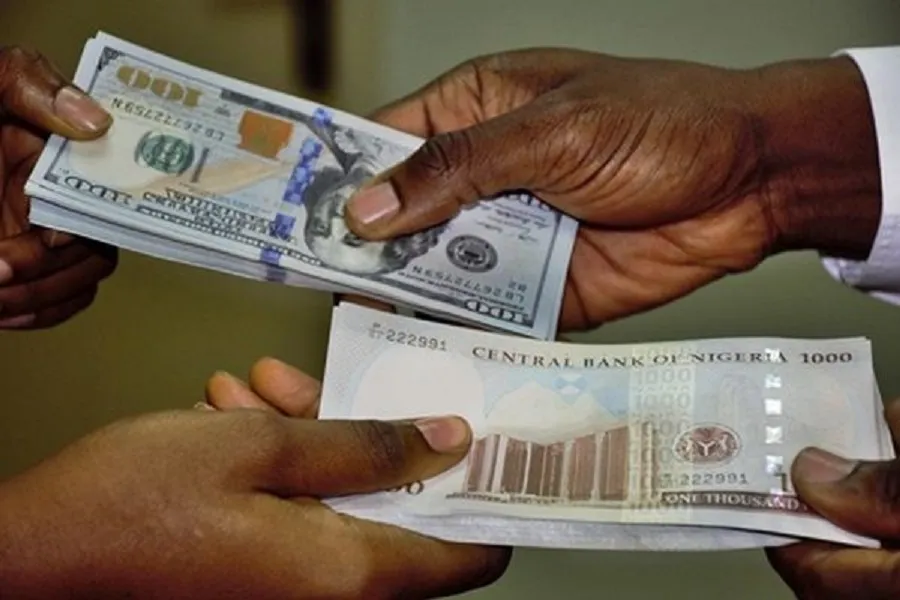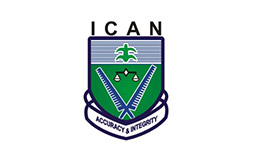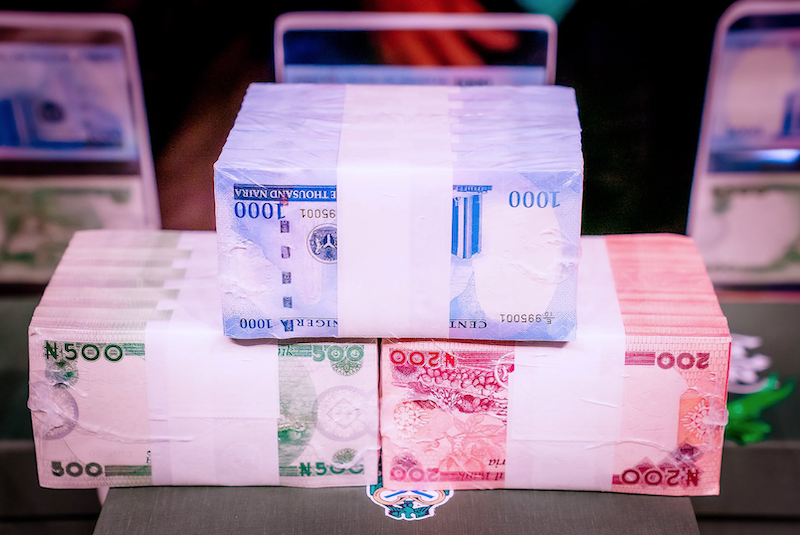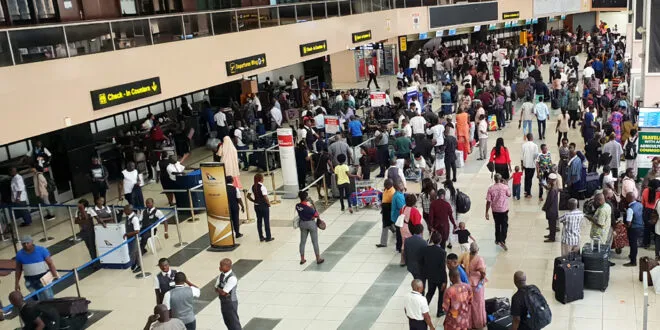The Central Bank of Nigeria (CBN), has assured of stability in naira/ dollar exchange rate.
The CBN Governor Mr Olayemi Cardoso, said this at an interface with the Senate Joint Committee on Banking and Insurance in Abuja on Friday.
“In terms of volatility of the exchange rate, we are using various tools to ensure stability of exchange rate sooner than later.
“I really can’t tell other than to say that I do believe that once all the measures kick in, there will be price discovery that will indeed make sense for everybody.
“We all have a responsibility in ensuring demand and supply. We are working on supply, but on the demand side, we all have to moderate our various interests on that.
“This is to ensure that demand begins to come to a level that is sustainable,” he said.
Cardoso said that the apex bank don’t have a magic word to stabilise the foreign exchange, saying that Nigerians also must reduce frequent demand for dollars for personal use.
He said that the country must begin to look inward on how to improve its education and health institutions, to reduce demand for dollars.
“Our argument is that Nigerians must work together, to moderate demand for dollar. Where there are opportunities to substitute locally, we should do so.
“I believe that if we are able to up our game in the areas of education, then the demand for people to go abroad to spend money will not arise.
“We should put together a committe, to moderate these things, everyone has a responsibility,” he said.
Cardoso said that the CBN had worked hard to ensure that crisis of confidence on the bank had been diluted.
“International investors are happier to come and invest in our economy.
“We have seen an increase in appetite for Nigeria, as a result of which, the volume of trading in the foreign exchange market in the pass few days.
“It has exceeded what we have seen in years, that is a solid sign of return to confidence in our economy,” he said.
On his part, the Minister of Finance, Mr Wale Edun, said that the ministry plans to introduce major tax reforms to increase non-oil revenue.
“We are looking at ensuring that government expenditure is carefully spent, even the President has reduced his own expenditure.
“For the medium term, be assured that the monetary and the fiscal policies being implemented, are going to increase production and funding, for the government will play its own role,” he said.
The Chairman of the Committee, Sen. Yahaya Abdullahi, called on the economic team, to work together to provide solutions to the hardship being faced by Nigerians.
“I’m 74 years old and I have never seen something like this. We need solutions.
“We have to sit down and seize all opportunities that we have, we need to not only think out of the box but bring innovative and creative thinking,” he said.

